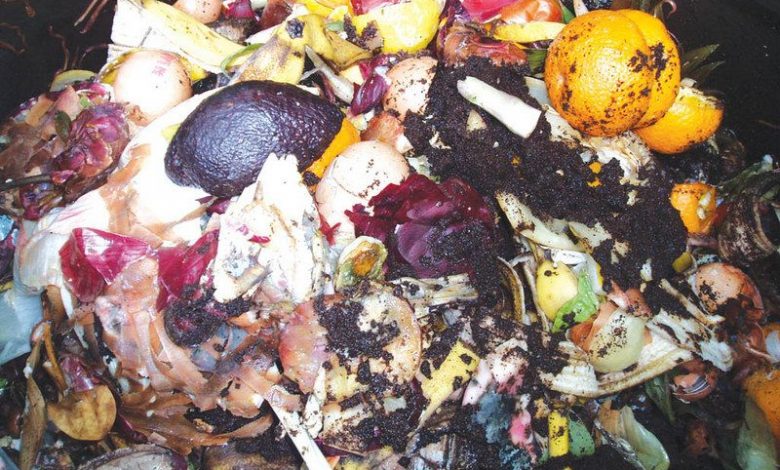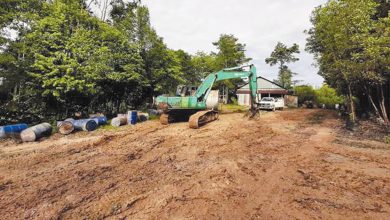Tips for coping with infrequent rubbish collections


By Mariam Mokhtar


You may recall how an old man on a trishaw, would regularly visit your house, and pick up old newspapers and glass bottles. You may have seen men who collect slops from restaurant kitchens, either to turn into biofuel or for feeding livestock. Even the spent cooking oil from the pisang goreng seller, did not go to waste and was turned into biofuel. Old tyres were also collected, as were tin cans and cardboard boxes.
Today, these “old men on bicycles” have been replaced by men in white vans, driving slowly along the road in which you live. They have a loudspeaker blaring “Surat khabar lama” and “bateri lama”, so that there is no chance of missing them. These men provide a useful service. They collect your unwanted bottles, newspapers, and batteries and give you a small amount of money, in return.


Parts of Ipoh used to specialise in recycling, and cottage industries congregated in particular areas, such as Jalan Bendahara popularly known as Jalan Botol (Bottle Road). As the city grew, these roads were relocated, but the new locations were too far from town and so we gradually forgot the art of recycling.
Recycling has been a feature of Malaysian life for a long time, but as we have grown more modern and progressive, many of us have become lazy and do not recycle, or drop our litter in bins. We have also grown very selfish, and prefer others to clean up after us. We indiscriminately throw our rubbish out of a moving car, and our lack of civic consciousness is reflected in the state of our drains, rivers, parks, pavements and streets.
We could reduce our rubbish mountain and recycle at least 60% of our daily rubbish. At first, it does take a little effort, but after a while, recycling will become second nature. If you have never heard of recycling, you may well ask, “Why recycle?”
Recycling benefits our environment, and ultimately, we will enjoy the advantages of recycling. Recycling saves us and our council, money. Materials which are recycled can be used to manufacture new products. With reduced household waste, our landfill sites will not grow so rapidly and we will not be under pressure to source new landfill sites. We also protect the environment, as the emission of greenhouse gases like methane is reduced.
If you suffer from infrequent collections of household rubbish, perhaps, it is time you practise recycling to reduce what you throw out. You could divide your rubbish into three main types:
First. Kitchen wastes like fruit and vegetable trimmings, can be turned into compost for use in the garden. Meat should not be composted because it can attract vermin. A good sign of a healthy compost patch, is the presence of worms. They eat the organic matter and churn it into valuable compost for your garden. There is no need to buy expensive compost, just turn your green kitchen material into valuable, nutrient-rich food for your flower beds and vegetable patches.
Second. Perishables like leftovers, processed foods, or meat bones, which should not be composted because they will attract vermin. They will also smell, as they decompose. The amount of perishables which cannot be turned into compost, is usually small and can be safely stored in a proper rubbish bin with a firm, secure lid, to stop vermin and dogs rooting through the rubbish.
Third. Non-perishable items. This category can be further separated into: 1) packaging materials, which includes things like juice cartons, plastic ice-cream tubs; 2) paper and cardboard items, like cereal boxes or envelopes; 3) glass materials like empty jars or sauce bottles; 4) aluminium cans are relatively valuable; 5) batteries and chemicals, should be properly disposed off in designated recycling sites.
If you suffer from infrequent rubbish collection, recycling your rubbish will help you to manage your waste better. The non-perishable items will be about 80% of your weekly rubbish, but they will not smell or attract vermin.
If you store the small amount of perishable waste in a galvanised steel bin, with a lid, vermin will not be attracted to the waste, because they will not be able to reach it, or eat it. Recycling is easy if you make it a regular habit.


